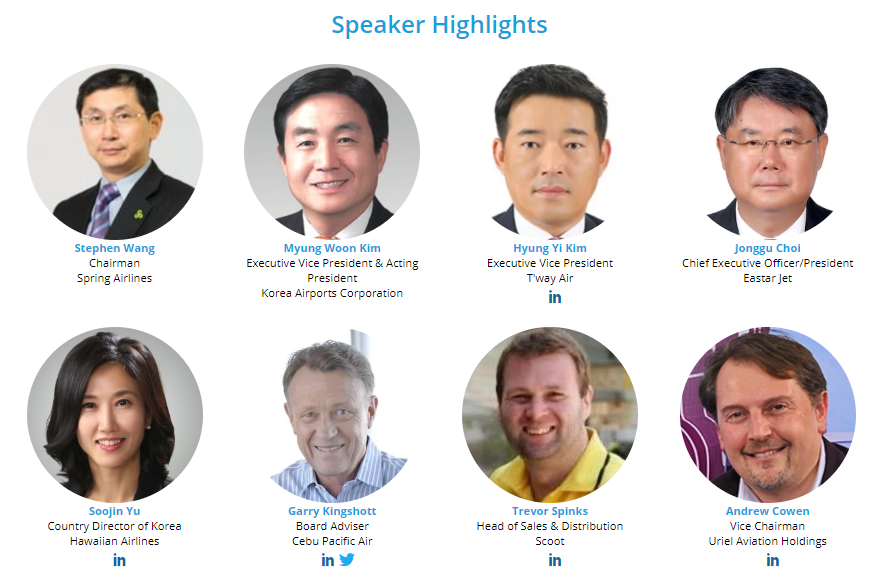With the next few editions of the Olympics returning to Tokyo and Beijing, the region needs to not only create the capacity and infrastructure to handle the massive influx of travellers but also ensure inbound markets remain healthy in the longer term - a challenge which many event host cities have faced.
Latest data from intelligence specialist ForwardKeys, which predicts future travel patterns by analysing tens of millions of booking transactions daily, shows the Winter Olympics has given a significant boost to tourism in South Korea, including arrivals from China which have seen a welcome rebound. "Green shoots are emerging from the snow," says the company's CEO and co-founder Olivier Jager. "Once again we're seeing how a big set-piece international event can change tourism trends virtually overnight.
Its analysis shows that in total, international arrivals in Feb-2018 were up +5.7% on last year, and during the Olympic period up +13.7%. During the Olympics, the most dramatic increase in arrivals came from Chinese independent travellers, up +57.7%, with a 26% market share. ForwardKeys' data shows other big arrival increases came from Hong Kong, up +98.7%, the USA +15.9%, and Canada +55.6%. Vietnam saw an unprecedented +635.4% increase, due to improved air connectivity, a visa waiver during the Olympics, and the Vietnamese New Year.
Mar-2018 and Apr-2018 registered double-digit growth, as the Olympic boost was sustained. Bookings for May-2018, Jun-2018 and July-2018 are +8.5% further ahead than they were at the equivalent time last year, owing to a significant increase in bookings by Chinese independent travellers, says ForwardKeys, while in the months ahead, Vietnam, Canada and Japan are leading the tourism revival to Korea, alongside Chinese independent travellers, demonstrating that the recovery is widespread.
This will be one of the major topic areas discussed at the forthcoming CAPA- Centre for Aviation LCCs in North Asia event which makes a return to Seoul, South Korea for its 2018 edition on 11-Jun-2018 and 12-Jun-2018.
Understanding aviation markets is CAPA's great strength and passion and this year's agenda includes a variety of topics sure to generate interest. When the world comes to North Asia: ensuring the success of mega events continues long after the party is over continues the morning programme of the Seoul forum on 11-Jun-2018.
It's hardly a secret that the airline industry is facing myriad challenges, notably in the marketing and distribution areas, as companies with personalised data, and the analytics and artificial intelligence to go with it, become greater threats to the stability of the traditional airline model.
Despite lacking the seat penetration rate of peers in other markets, with about 11% of seats within North Asia operated by LCCs compared with 56% in Southeast Asia and 40% in Western Europe, LCCs are beginning to flourish in this region. The LCC model may now be well understood here, but the operating environment is increasingly complex, competitive and interconnected. Long haul low cost, full service airlines adding LCC subsidiaries, and many other developments are high on the agenda.
This high-level aviation event, hosted at The Grand Hilton Seoul, around 15 minutes from downtown Seoul, is a forum for debate and discussion of strategic issues facing the LCC industry in North Asia.
FIND OUT MORE… visit the CAPA LCCs in North Asia 2018 homepage to find out more about this not-to-be-missed opportunity to discuss relevant issues impacting the aviation sector and learn meaningful insights from your industry peers.

